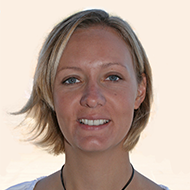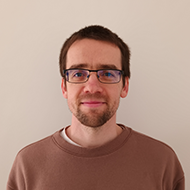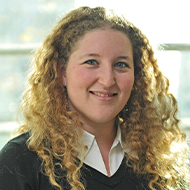Natalie is a Lecturer at the Open University. Since 2019, she has been responsible for leading postgraduate-level modules in Environmental Management and Systems Thinking in Practice. She has also recently taken on a lead role on the Open University’s Photography modules, which provides new opportunities to bring together the art and science of sustainability. Alongside these roles, she also led the development of the new Systems Thinking Practitioner apprenticeship qualification.
She is passionate about inspiring and educating people to value and take care of the environment. The most rewarding aspect of her work is learning from others – and with others – about how we can do things better, and how we can do better things.
She took an unusual route into an academic career. In 1999, she walked up the gangway of the UK Sail Training Ship Lord Nelson. She had never sailed before, and still remembers the feelings of excitement and anxiety. At the time, Lord Nelson was the only tall ship in the world that enabled physically-handicapped and able-bodied persons to participate equally as crew at sea. It was a life changing experience. At the end of her time on board, she went back to college, sat her A-Level exams, and then started university. However, she soon realised that the time wasn’t right, and decided to take a gap year working at sea with disadvantaged youths. Over the next ten years — her gap decade — she studied for an Open University degree. Graduating at the Barbican Centre in London was one of the proudest moments of her life. She went on to get a PhD in Environmental Sciences at the University of Southampton, and now she is back at the Open University where her teaching and research focuses on the interactions between people and the environment.
Looking to the future, she would like to further develop her work on systems thinking, social learning and collaborative actions to bring about transformational changes in sustainability thinking and practices. For Natalie, sustainability is a mindset: taking responsibility for actions and respecting the interests of others. By developing shared interests, shared goals and shared responsibilities, she believes we can create a future in which people and the environment can thrive. She is committed to making a positive change in her lifetime.
Natalie chose to become a member of the IES as a way to get more involved with others in the context of Environmental Sciences, as well as for personal and professional development. Joining the IES provided her with support and encouragement to achieve the title of Chartered Environmentalist. It also enables her to use her knowledge, skills and experiences to support the IES and its members in achieving their objectives.




